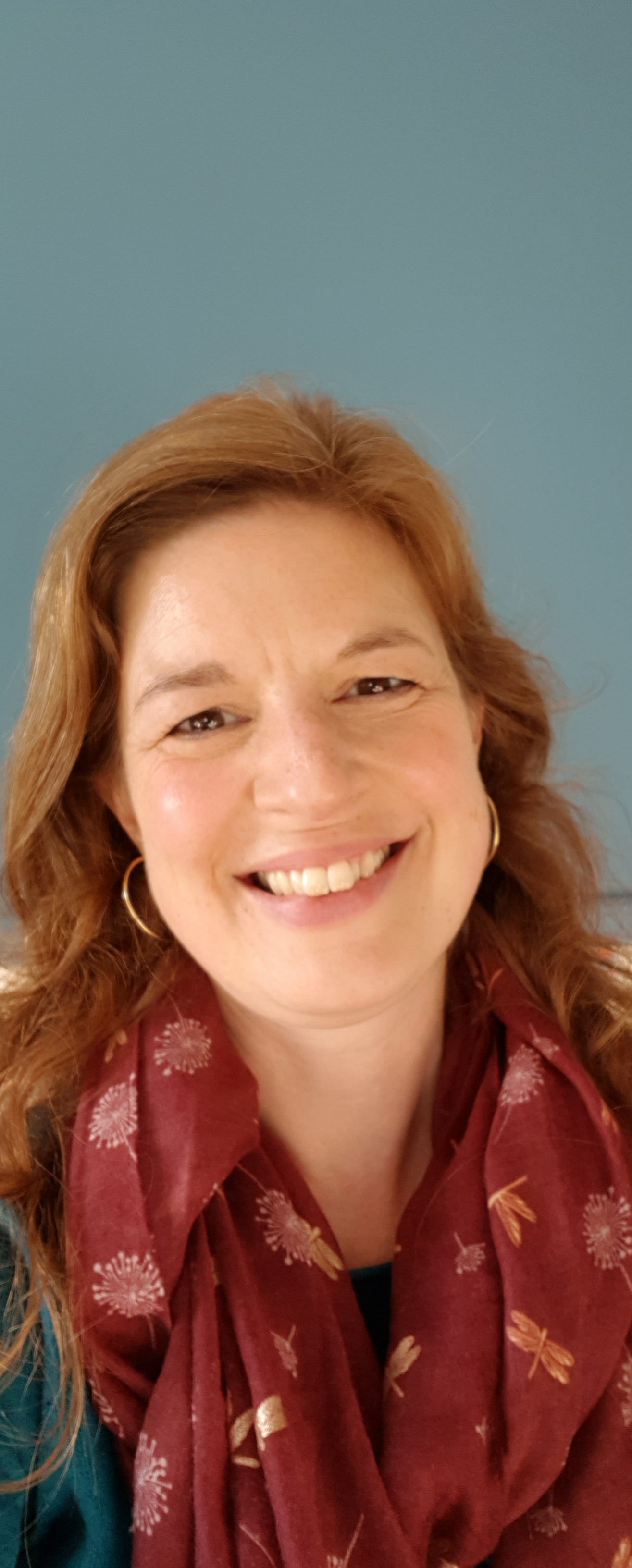Mini-Interview with Laura Besley
If your writing was having a conversation with a reader, what is it trying to say? What secrets might it reveal?
I think, or at least hope, my writing is putting an arm around the reader and saying, ‘Look – it’s okay. This happened to me too.’ When I started writing, it was very much as a form of therapy. I needed an escapism, and for me, that was putting pen to paper. By choosing to write fiction rather than non-fiction, I feel braver and can be more honest.
What’s more important the writer’s intent or the reader’s discovery?
Neither. Both. I think there’s an ongoing pendulum between the two and as long as it’s mutually respectful, I don’t think it matters where it lands, or even if it continues to shift.
What are your favorite things to write about? Those topics or items you can’t stop thinking about!
I write a lot about the sea, motherhood and relationships.
What’s your favorite point of view? Why are you drawn to this particular voice/perspective?
By far, my favourite point of view is second person singular. I’m not entirely sure why I’m drawn to write from this perspective. Possibly because it feels personal yet universal at the same time.
What’s your favorite craft element to focus on when writing flash? Is there an element you wish you could avoid?
Titles, for me, are the absolute hardest part of writing and I don’t think it’s got any easier, even after years of writing. What I have learnt, though, is not to rush it. Sometimes the story has been finished – in as much as they’re ever finished – for months before I can think of a title. My favourite element to focus on is line editing. I pick over every single word, read pieces aloud over and over until I feel the flow is just right.
How do you know when a story is done or at least ready to test the submission waters?
Good question. I agree there’s a possibility a story is never ‘done,’ but there needs to be a point at which you decide it is, for the time being at least. I do all the obvious things: drafting, redrafting, title, new title, redraft some more, read it out loud, pick another title. But I think the point at which you decide it’s ‘ready’ is different for every story. Some come together more easily than others. Some take months or years to percolate. I think you have to trust your instincts on that one.
When looking for places to submit your flash, what are your priorities for finding a good home for your work?
I always read previously published stories before I submit to journals, and my top priority is that they have evoked an emotional reaction in me. That’s how I know that journal is publishing stories that could be a good home for one of mine.
What do you know now about writing flash or other forms that you wished you had known from the beginning?
Editing is where the real writing happens. I used to only love writing first drafts and considered editing tedious. Now, it’s more or less flipped: I rush through first drafts knowing that once I have the rough idea of the story on paper, that’s when I can really begin.
What resource (a book, essay, story, person, literary journal) has helped you develop your flash fiction writing?
The writing community, especially on Twitter, is what has helped me develop as a writer. I’ve read countless stories, essays, creative non-fiction and articles, mostly online, by writers I admire and have learnt from others.
What’s your favorite way to interact with the writing community? Do you have any advice for writers trying to add to their own writing communities?
My favourite way to interact with the writing community is online and specifically on Twitter. I find that by far the most interactive platform. Advice to other writers is to follow people whose work excites you – those are most likely the people you will connect with and be able to learn from.
A novel, a micro, and a poem go to a bar together. What happens?
The micro and the poem argue over a single comma while the novel quietly counts how many it has.
If you could recommend a few flash stories or writers, who/what would it be?
I find that absolutely impossible to answer! There are so many fabulous writers producing fantastic work. Browse journals, Twitter and the internet – find what’s fantastic for you.
What story of yours do you want us to read?
I would absolutely love for people to read ‘No Matter What’ (Sunlight Press, Jan. 2022), which went through several redrafts and forms before it was published in this format with this stunning illustration.
BIO: Laura Besley is the author of micro fiction collection, (Un)Natural Elements (Beir Bua Press, 2021), 100neHundred (Arachne Press, 2021), and flash fiction collection, The Almost Mothers (Dahlia Books, 2020).
She has been listed by TSS Publishing as one of the top 50 British and Irish Flash Fiction writers. Her work has been nominated for Best Micro Fiction and the Pushcart Prize.
Having lived in the Netherlands, Germany, and Hong Kong, she now lives in land-locked central England and misses the sea. She tweets @laurabesley



Love Laura! Such a great writer and a good friend. Wish she were on Substack so I didn’t have to be on Twitter anymore to chat with her. :(
Always love to hear Laura’s insights :)